Mediterranean sea level found to be rising three times faster than expected – Murcia Today

The effects of climate change are speeding up the process of rising water on the coast of Spain…
Greece Lost 250 Sq Km of Its Beaches in 30 Years Due to Climate Change – Greek Reporter
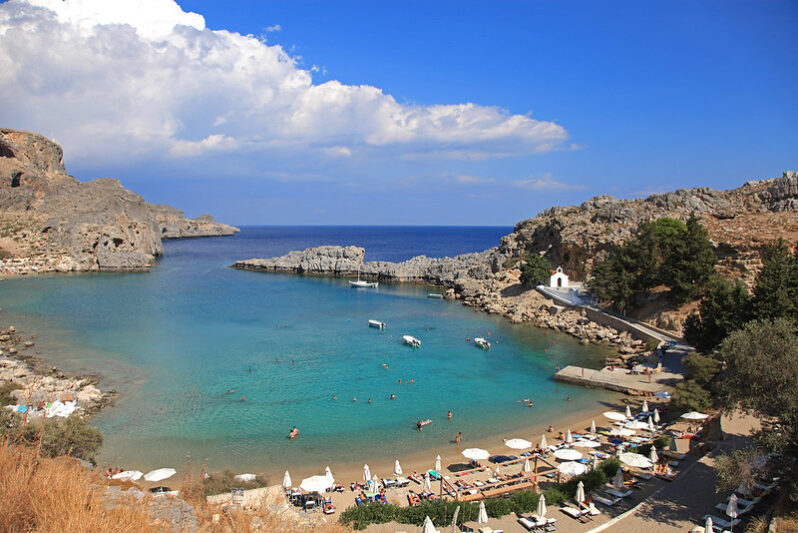
This year won’t just be the hottest on record—it could be the first to surpass 1.5 degrees Celsius. The Paris climate accord aims to keep warming below that level when looking over multiple years…
Interactive | Growing Up In Climate Chaos – the New York Times

When you’re a teenager, everything can feel like a crisis. But for these teenagers living in areas around the world affected by climate change, the sense of growing crisis is real — not in some hazy future but today, disrupting their adolescence in ways both large and small….
As Development Alters Greek Islands’ Nature and Culture, Locals Push Back – the New York Times
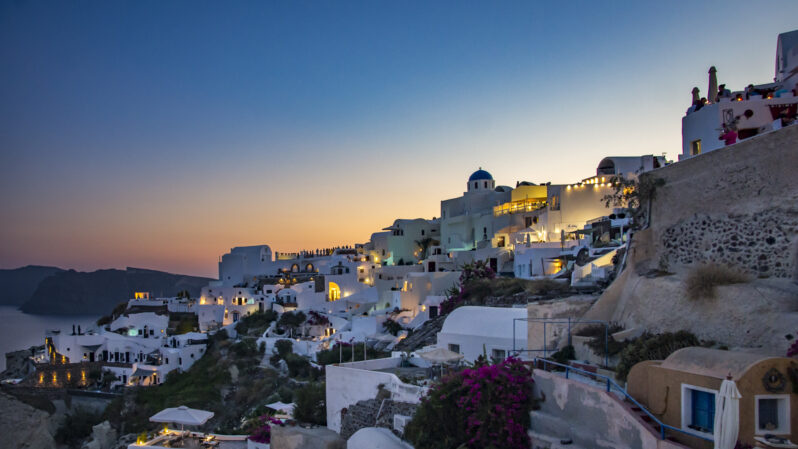
As a proliferation of pools threatens some water supplies and housing costs skyrocket, people of the Cycladic islands say the Aegean islands’ character is being lost to real-estate homogenization…“It’s very easy to talk about sustainable development, but all they actually do is approve new investments,” said Ioannis Spilanis, a former general secretary for island policy at Greece’s shipping ministry and now head of the Aegean Sustainable Tourism Observatory…
Can the tourism industry survive the climate crisis? – the Guardian
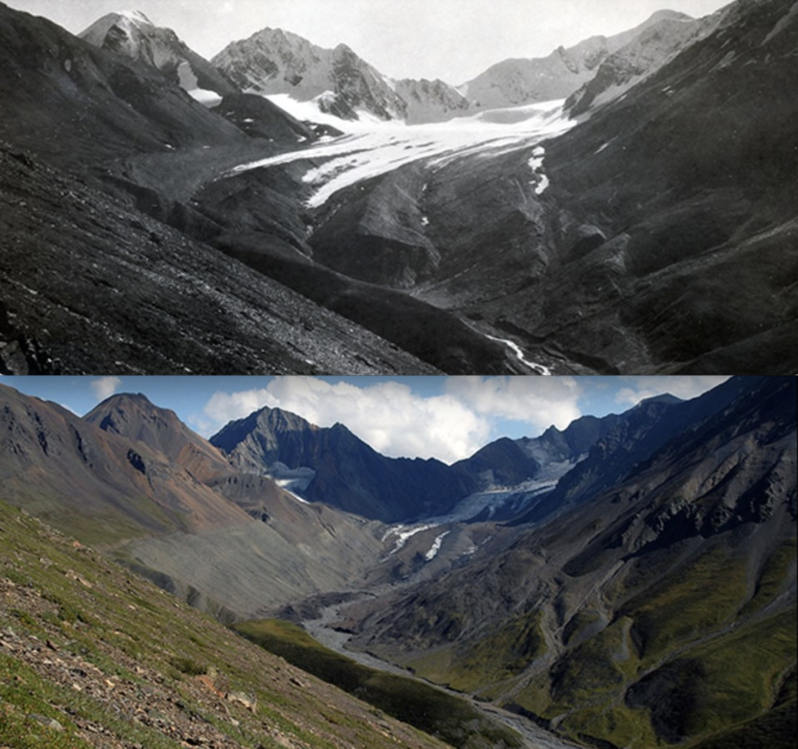
From the Solomon Islands to Denali national park, how five communities reliant on tourism are coping as climate change upends their industry…One of the terrible ironies of the climate crisis is that some of the most beautiful – and popular – places in the world are also the most vulnerable. Which means as temperatures rise, extreme weather events increase, water sources dry up and natural habitats die, these places are facing another devastating loss: tourists…
Greeks Fight for Their Constitutional Right to Free Access and Use of Their Country’s Beaches
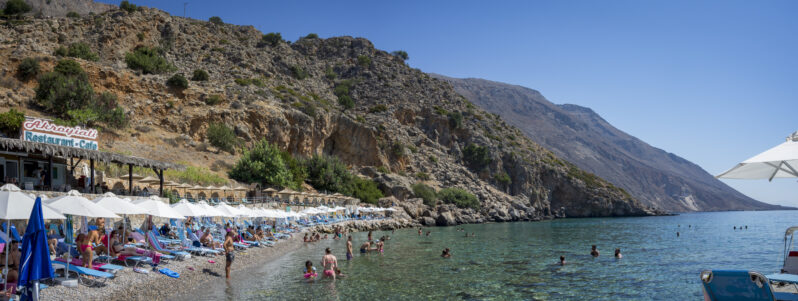
The beaches in Greece are considered a “public good” per their Constitution. To the average Greek citizen, this is interpreted to mean that if a hotel is built in a way that it blocks access to the beach, they have the right to walk through the hotel to reach the beach.
Increasingly, however, businesses that have been issued permits to operate in the coastal areas have taken over the coast with their concessions, and sunbeds and umbrellas are packed on almost every accessible area of the beach and charge high fees for their use.
‘No Space for Us’: Greeks Fight Beach Takeover by Pricey Sun Chairs – the New York Times
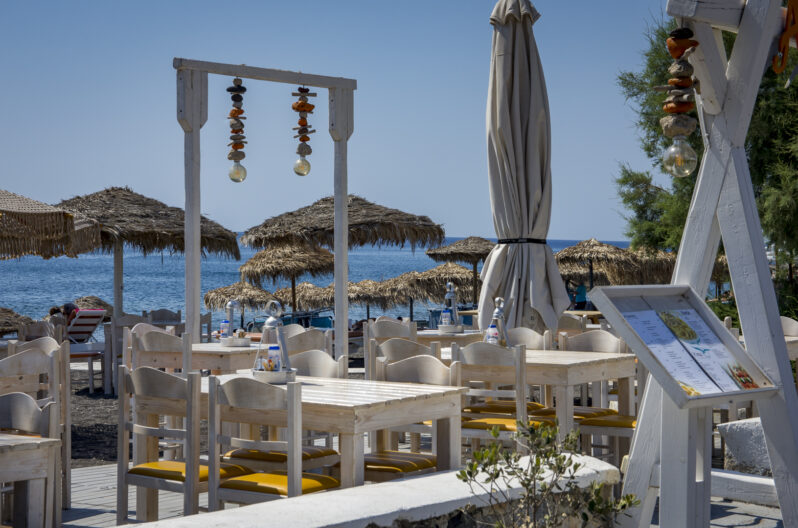
It is peak tourist season in Greece, and on the pristine Monastiri beach on the northern tip of Paros island, a phalanx of lounge chairs with red umbrellas covers the sand. At 70 euros for a pair of front-row seats near the crystalline waters, less than half were taken on a recent day, as Greeks and tourists alike who did not want to pay instead sheltered from the sun under nearby trees….
Shore wars: Greeks battle to save beaches from invasion of commercial sunbeds – the Guardian
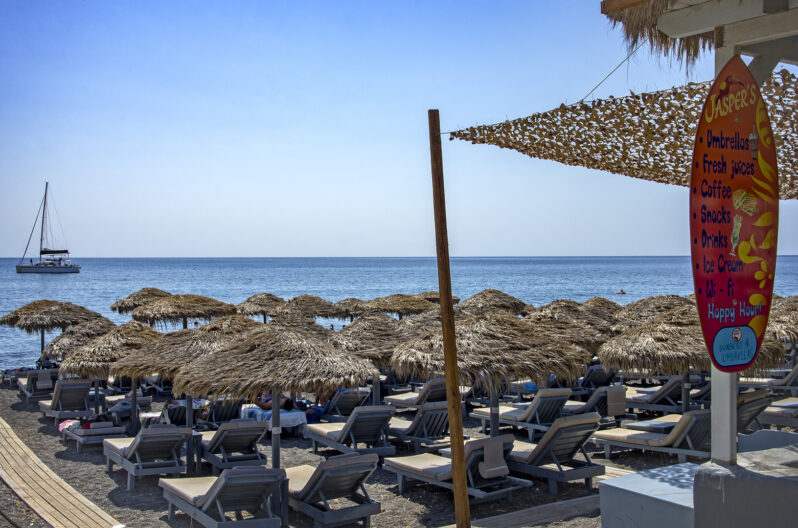
In the depth of August, when the cicadas sing and the sun burns bright, Archilochos cultural centre on Paros is not usually a hive of activity. If anything, that is reserved for the bars and beaches of a Cycladic isle increasingly drawing le beau monde.
But last week, as Greece’s great summer exodus peaked, the Archilochos was alive to the sound of debate. And, as in weeks gone past, it was a debate ignited by the state of play on the beaches that have become synonymous with pricey sunbeds and greedy entrepreneurs…
‘Reclaim the Beach’ movement in Halkidiki – Protests in Nikiti and Potidaia – the Greek City Times
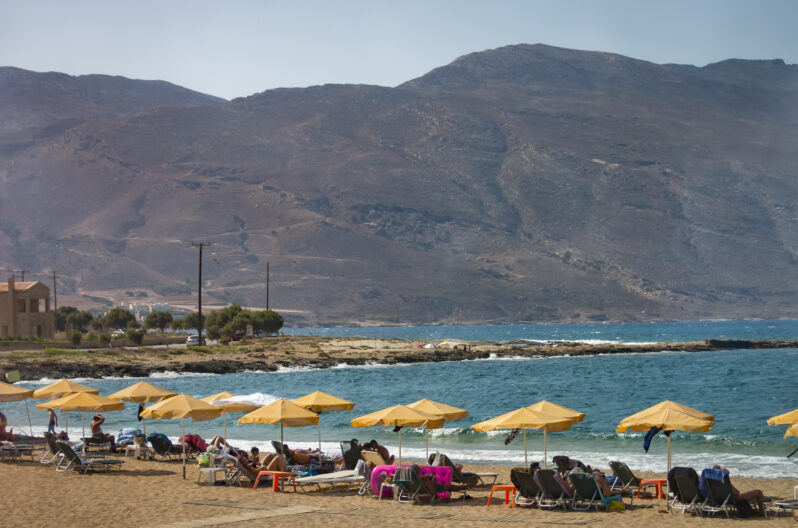
Two protests took place on Sunday in Nikiti and Potidaia of Halkidiki in the context of the “reclaim the beach” movement, also known as “the towel movement,” which is fighting against the illegal placements of chairs and lounges on public beaches.
Those who participated in the demonstrations shouted slogans and expressed their opposition to abuses by beach bars…
